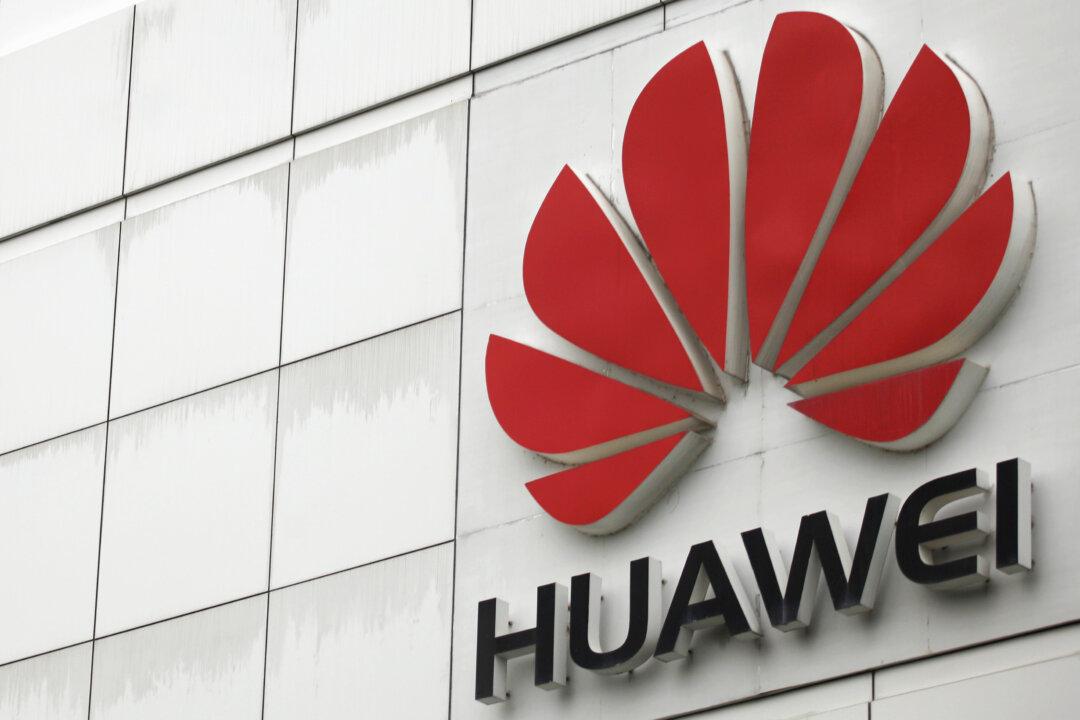Huawei has cut $100 million of proposed research and development, as well as 1,000 jobs, in response to being banned from developing Australia’s 5G network in 2018 over national security concerns.
Jeremy Mitchell, Huawei Australia’s chief corporate affairs officer, said the company had cut a swathe of initiatives earmarked for states—New South Wales, Victoria, Queensland, and Western Australia.





